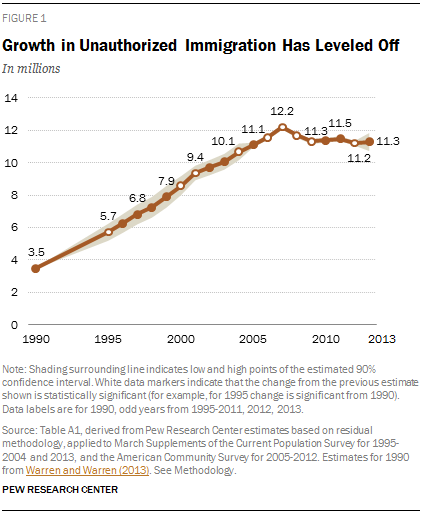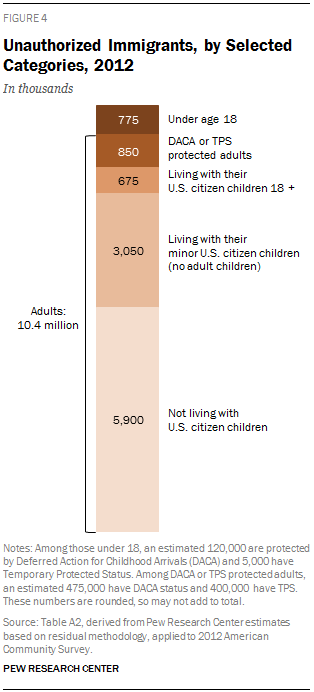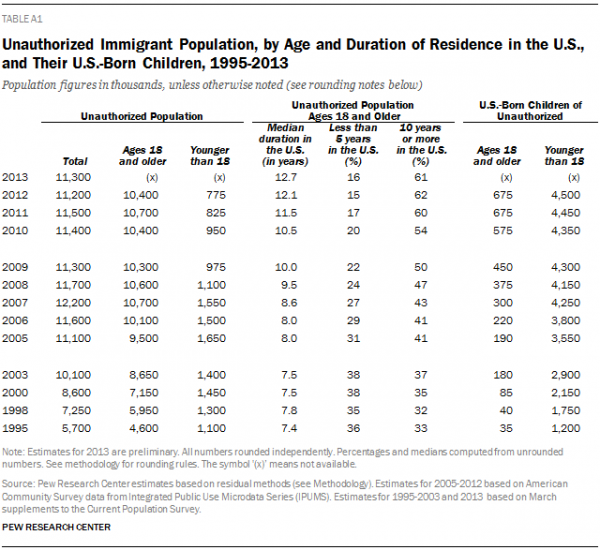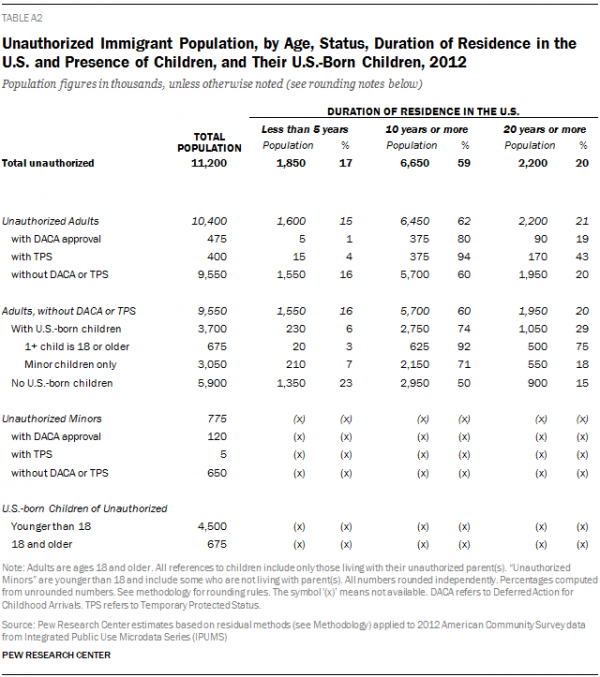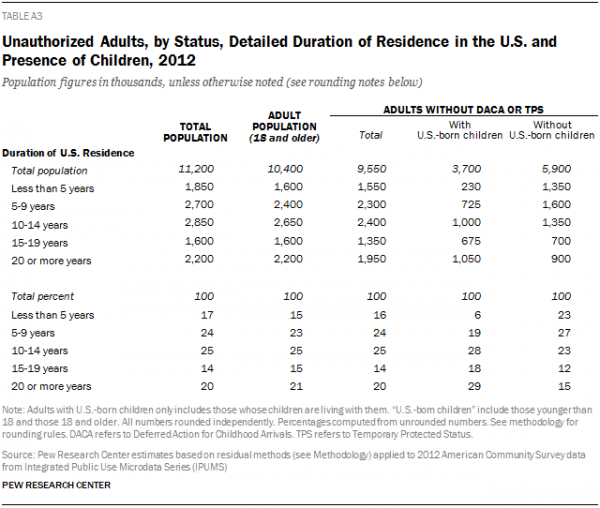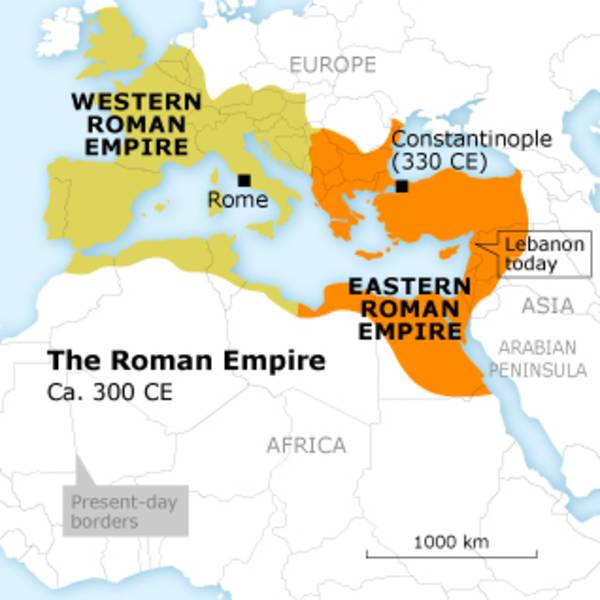Toronado3800
Gold Member
- Nov 15, 2009
- 7,608
- 560
- 140
Another post got me thinking. What are the effects of booting all the illegals from the country.
On the negative side:
Businesses who employ illegals will be forced to hire citizens. (Is there a move to use existing laws to punish the human resources departments there? The business owners hiring them is why many illegals come.)
There will be more demand for the workers we have....not like illegals typically get the best jobs...so maybe it will cost even more to hire tree trimmers and have your roof redone or crops harvested.
Also, average and below average home values will be hurt....
There will then be less demand for services in the average and below average neighborhoods. Fast foods, malls, supermarkets. That type of thing.
On the positive for the U.S.
Lower population means the need for fewer houses, larger lots, better for the environment here....Although I dunno if it is better for the world environment.
Illegals can't be paying the most in taxes so the government will save some money.
-in law enforcement.
-in educating their children.
We will save money in healthcare (feel free to insert a crack about Reagan / Carter era socialized medicine treating everyone who comes into the ER and us paying here). I just can't see illegals having the best healthcare from their crook employers.
EDIT: Oh, we can raise the quotas to import "desirable" foreigners. This would make me the happiest. I really believe population growth in the U.S. fixes some of our problems.
What other effects do you all see?
On the negative side:
Businesses who employ illegals will be forced to hire citizens. (Is there a move to use existing laws to punish the human resources departments there? The business owners hiring them is why many illegals come.)
There will be more demand for the workers we have....not like illegals typically get the best jobs...so maybe it will cost even more to hire tree trimmers and have your roof redone or crops harvested.
Also, average and below average home values will be hurt....
There will then be less demand for services in the average and below average neighborhoods. Fast foods, malls, supermarkets. That type of thing.
On the positive for the U.S.
Lower population means the need for fewer houses, larger lots, better for the environment here....Although I dunno if it is better for the world environment.
Illegals can't be paying the most in taxes so the government will save some money.
-in law enforcement.
-in educating their children.
We will save money in healthcare (feel free to insert a crack about Reagan / Carter era socialized medicine treating everyone who comes into the ER and us paying here). I just can't see illegals having the best healthcare from their crook employers.
EDIT: Oh, we can raise the quotas to import "desirable" foreigners. This would make me the happiest. I really believe population growth in the U.S. fixes some of our problems.
What other effects do you all see?



